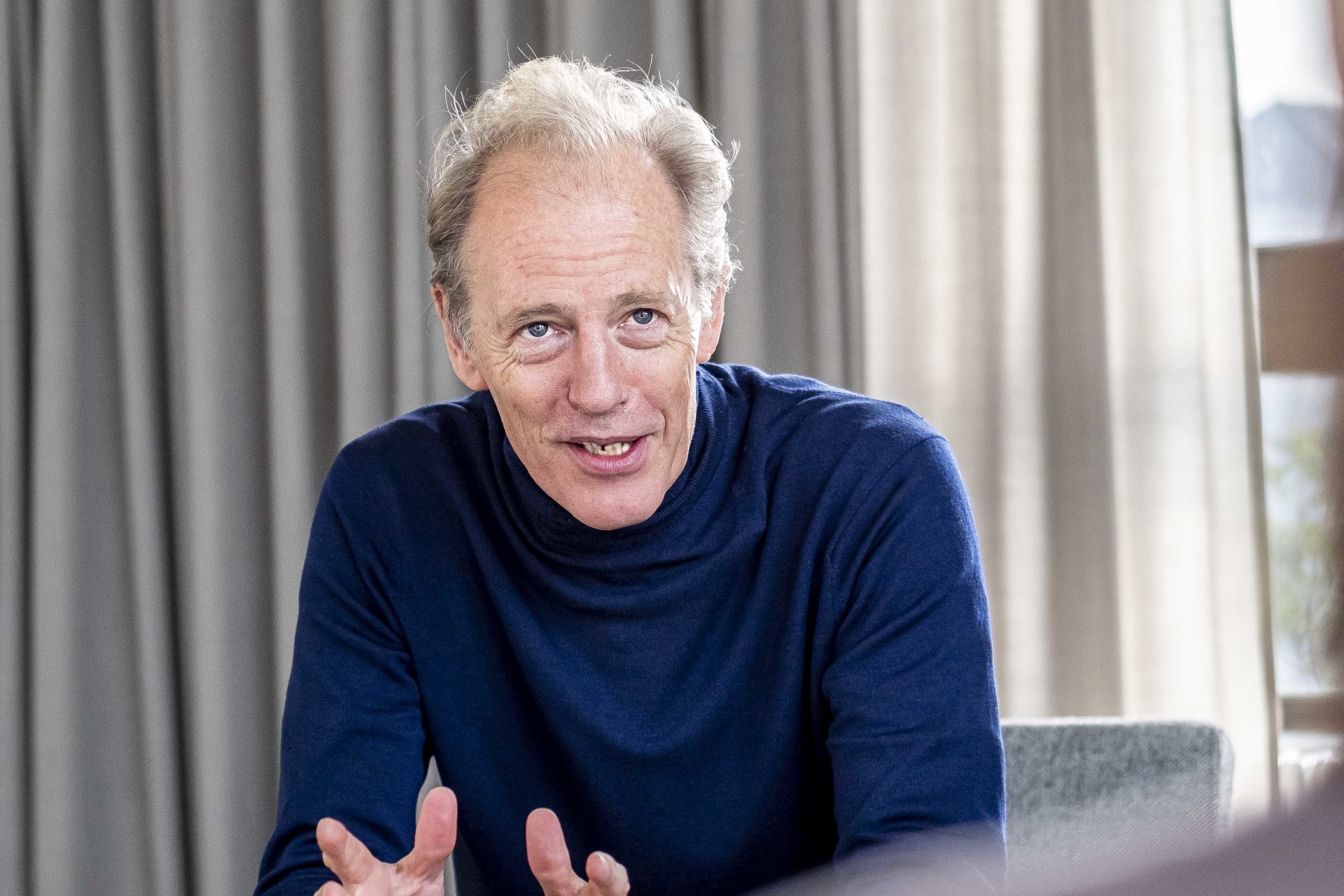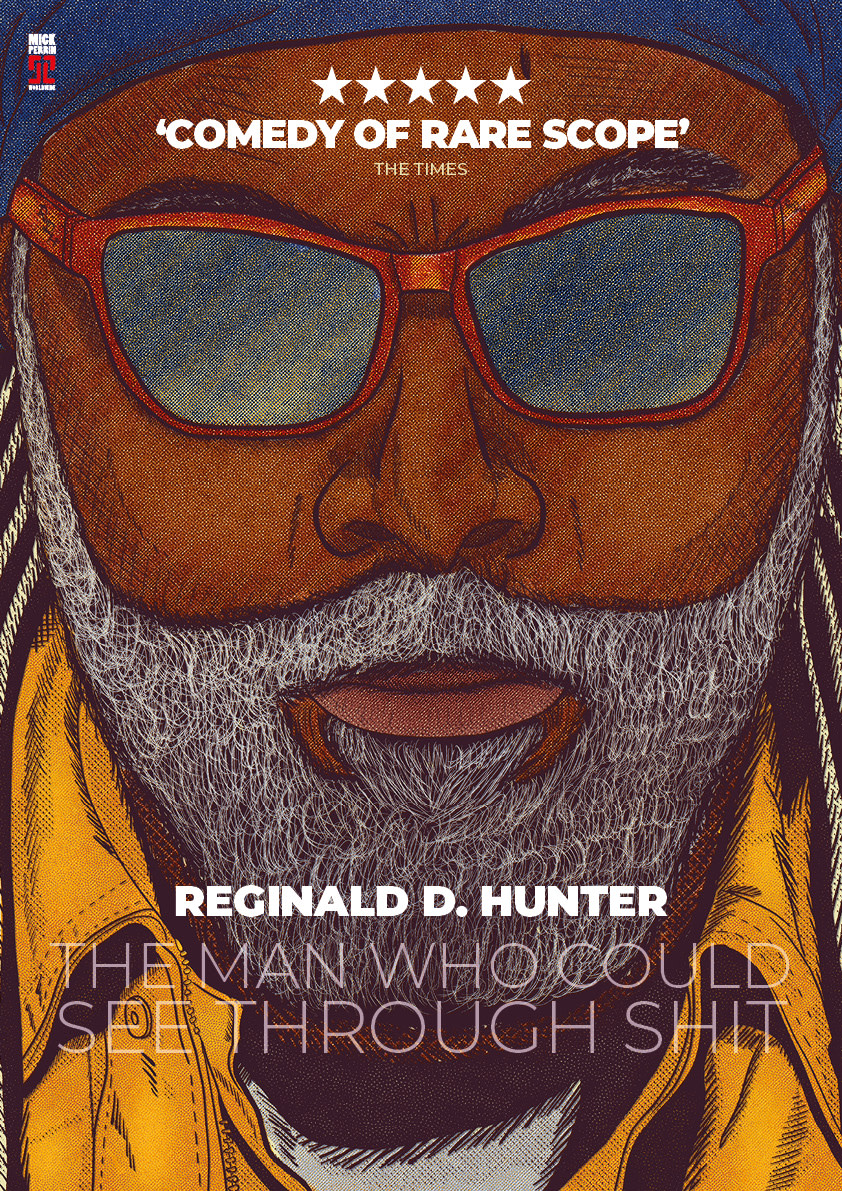
Georgia-born Reginald D Hunter’s searingly honest observations both onstage and on TV and Radio have garnered him a cross-generational fan base. His new show, The Man Who Could See Through Shit – coming to Oxford in December – challenges what’s true and what’s not – "If you're sick of all the contradictory answers being shoved at you by media, meet the man who is sick of all the questions”.
What can we expect from the upcoming show?
Jokes, laughs, and we're going to put the audience under a fair bit of pressure. I’ve got a handful of things I’m going to ask the audience and the show keeps evolving because the whole political situation keeps getting more and more intense and you can’t stand there and talk about titties and donuts.
I understand you’re exploring the challenge of what’s true and what’s not, where did that idea come from?
Everywhere: life, childhood, adulthood, living in England, living in America, reading stuff, watching stuff, it’s not like one source. Some of the jokes are things that I’ve come up with in the last couple of months whereas some of them are routines that I’ve been trying to perfect for about 10 years but ain't never quite nailed – I think I’ve got the measure of it now.
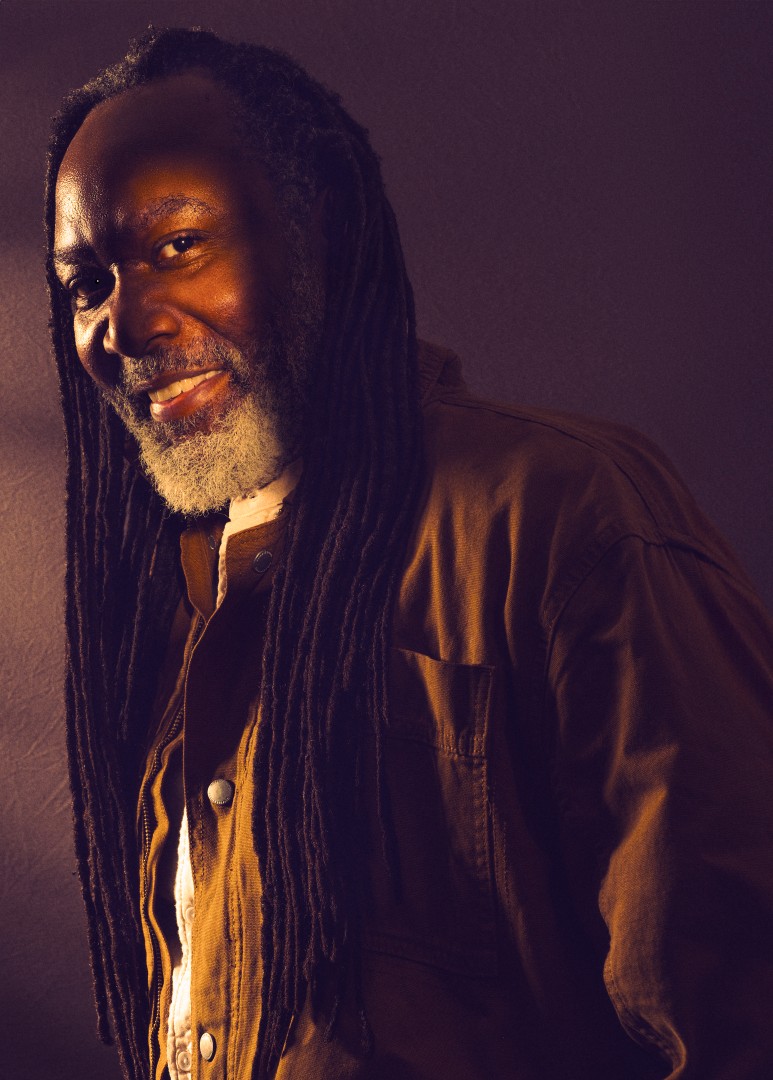
What do you think has contributed to your cross generational audience base?
TV, radio, social media, and more or less being consistently funny over the years.
That must help. The industry has probably changed massively since your started. What do you think is the main way that you've seen it change for up-and-coming comedians now.
You don't have to wait for some TV show to crown you as worthy of employment, you can do TikTok or other forms of social media. I think a lot of the younger comedians are doing comedy that’s more personal to them, more introspective, because its more dangerous to comment on things outside of yourself these days.
You've never shied away from commenting on potentially controversial topics. How do you keep that light and keep it funny whilst touching on quite heavy topics?
A lot of trial and error. I can talk about anything I want in the club as long as I’m funny – that’s kind of the deal. You can’t really avoid controversy because the things that people get upset with are never the things that you anticipate, it’s always something else, like, “You’re gonna be pissed off with that, when I said a much worse thing over here?” When you walk out your door to go on tour you have to pick the jokes that you’re willing to fight for and see what happens.
So you often get unexpected reactions from the audience?
I would love to tell you that I always get the reactions I expect, but nobody does, you don’t get the reactions you expect from your job or from your family or your friends, human beings always bring a random element.
We're very excited to have you in Oxford, but I can imagine audience types can be different depending on where you are. Do you adapt your material for each audience?
Sometimes you might comment on something local, but I don’t go out my way to do that because I feel that that’s patronising. It’s sort of like you being told your gonna hang out with two ladies and you immediately start talking about shopping and pantyhose because you think oh this is what you like, right?
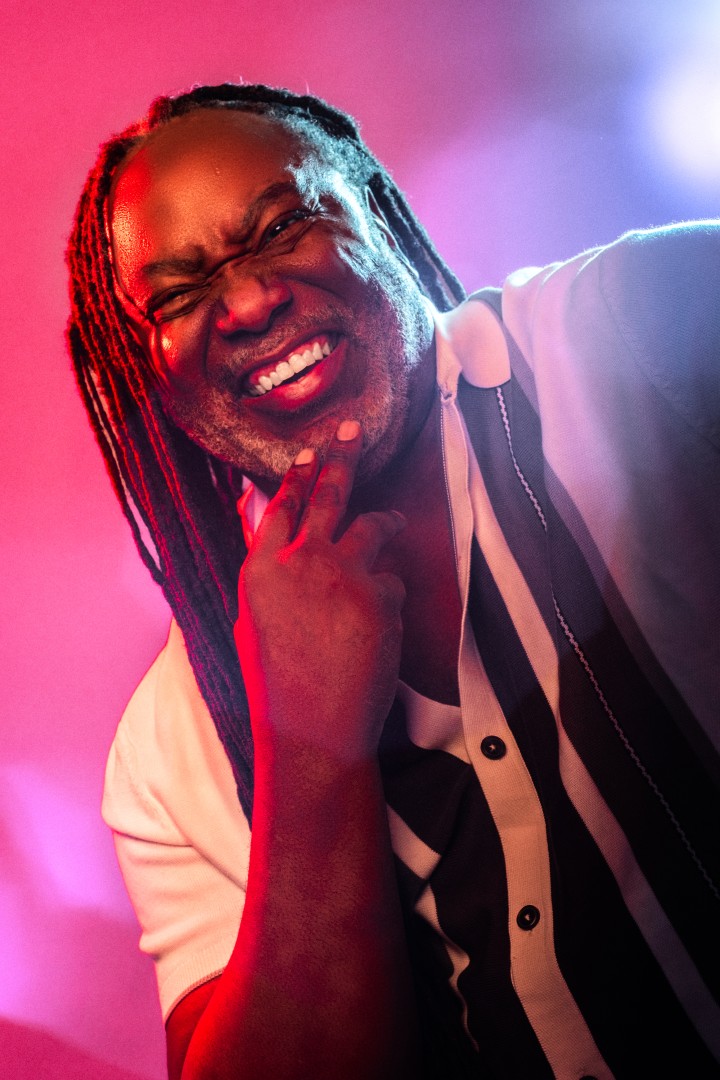
Little pat on the head.
Yeah exactly, so I try not to patronise my audience. I talk about what I find interesting. I think if you’re interested, you'll sound interesting.
You've had a lot of success as you mentioned briefly on TV panel shows in the past. Do you have a preference of touring or stand up or being on these panel shows.
Touring is more fun TV is more money.
Does it ever feel like quite a competitive environment. I always think being on a panel show does it ever feel like you’re fighting to speak.
I don’t have that problem. My first few I felt like oh sh*t I better jump in here, I better do something, but then I just decided that whenever the discussion is around a subject matter that I don’t know much about I don’t say nothing and then when something I know about comes around, I dive in hard.
Do you have any advice for aspiring comedians?
I do give advice to aspiring comedians, but it depends on the comedian. I try not to give any hard advice to any comedian who hasn't been doing it more than five years. I think the first five years is just about finding your way and you need to bump around. After the first five years then it’s time for the long pants.
When you first started, who were your early comedic inspirations?
I would say Richard Pryor, Dave Alan, I like Lily Tomlin, Rita Rudner she was really funny in the 80's no one talks about her now, but she was great, what was one of her jokes she said, she said something like my sister gave birth this weekend, 35 hours in labour, things I like doing I don’t like doing that long.
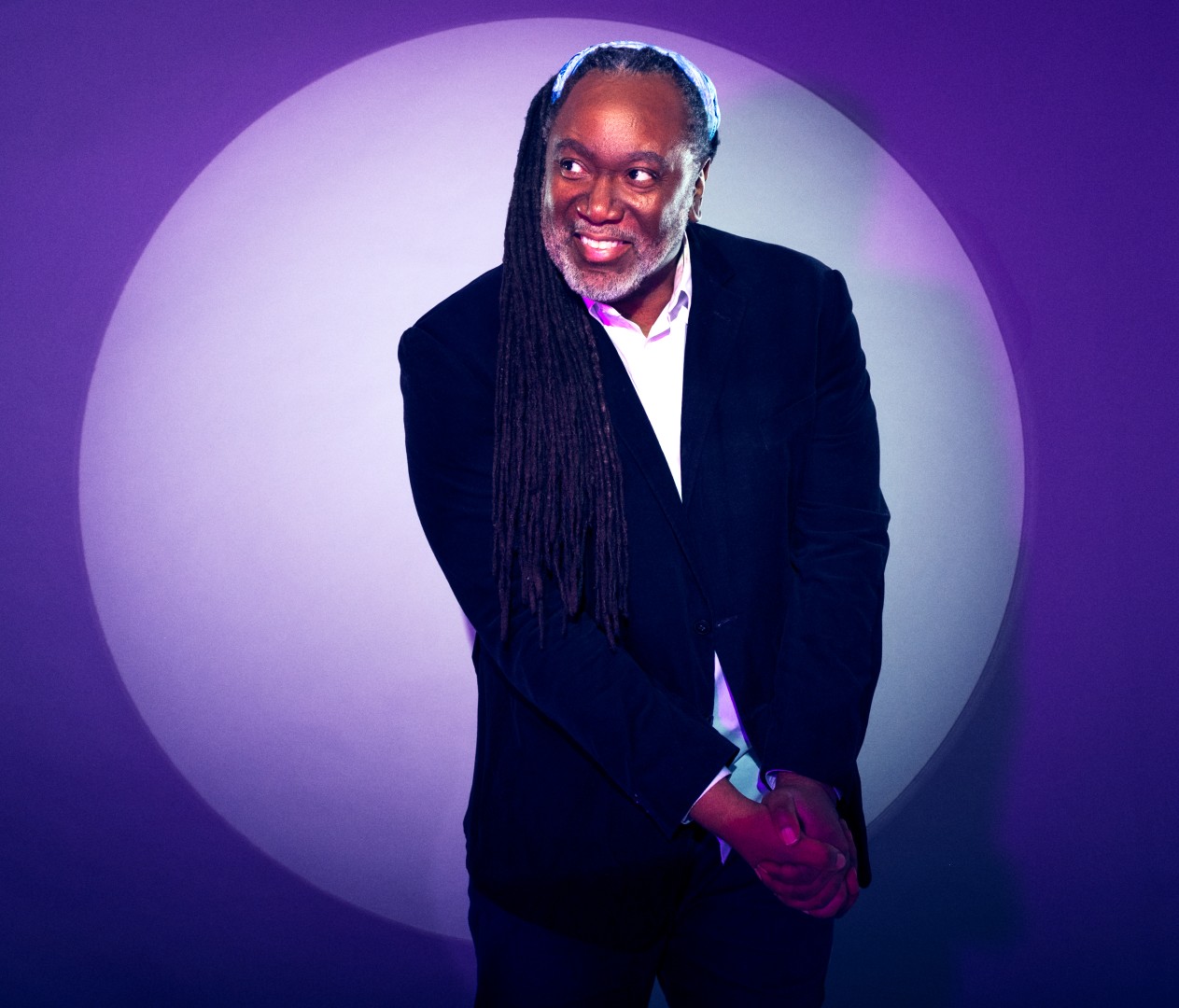
What’s your favourite part of Christmas Day?
Since I’ve been living in Britain, I’ve experienced what it’s like to be by myself on Christmas and I don’t mean that in a ‘pity me’ kind of way, sometimes I couldn't get back home or sometimes you gotta stay here because you've got something to do not long after Christmas. I remember the first time I spent Christmas by myself, I was kind of excited, it’s like being a kid the first time you stay up all night with your friends like, ‘Oooh what’s gonna happen?’ It ended up being lots of TV, and lots of Turkey sandwiches.
What’s next for you?
There’s a couple of TV projects that’ve been running back and forth. I have to also undergo a dramatic social media transformation. One of the things I talk about in the show is aging and change and I’m going to have to make some changes on social media which is necessary but, I just don’t feel like it. I expect in the next year there will be an increase in social media, and I’ll be doing some ‘content creating’ as they say.







